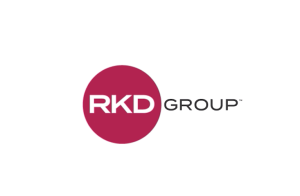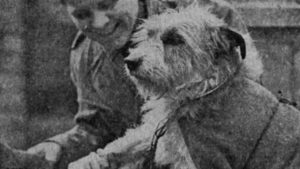Concierge benefactor programs, also known as concierge donor stewardship, are a form of grateful patient fundraising that provides large donors with special amenities, privileges, and services not available to all patients. Examples include private or upgraded hospital rooms, special meals, and personalized assistance with making appointments or coordinating care beyond what is typically offered to most patients.
The practice has grown as hospitals have become increasingly reliant on philanthropic funding but has also drawn criticism from those who see it as conducive to real or potential inequity. Because nonprofit hospitals are required to provide the same standard of care to all regardless of ability to pay, The Association For Healthcare Philanthropy (AHP) issued ethical guidelines for implementing the practice.
The most important of the guidelines is that donors must never receive preferential or expedited clinical care in circumvention of the triage system.
Leaders of the Hoag Hospital Foundation in Newport Beach, California launched a benefactor program more than 20 years ago with concierge benefits currently offered to those making gift commitments of $250,000 or more. With a $300 million capital campaign underway to support the expansion of a sister hospital in nearby Irvine that opened in 2010, foundation leaders last year leveraged the program to secure $14.7 million in gift commitments from 45 new benefactors. An additional $91.1 million in new gift commitments was secured from 400 existing benefactors who had given to the program previously.
Susana Ertac and Daniella Gorman, executive director and manager respectively of Hoag’s benefactor program, said the organization has ethical guidelines mirroring AHP’s that are critical to the program’s success. “We follow the policies and procedures to the letter and do not expedite care for anyone,” Ertac said. “Donors must sign an acknowledgement in which this is made extremely clear along with a Code of Conduct agreement that states they must demonstrate respectful behavior to the clinical staff at all times in order to remain in the program.”
Doing so gets these benefactors access to a team of highly trained nurses who are employed by the foundation as expert liaisons to help them navigate the medical system and handle special requests or concerns of a sensitive nature. Hiring these nurses isn’t cheap, but the function they perform requires a clinical background and specialized training of a kind that most marketing and communications professionals lack. “It adds to our credibility when they see that our badge says ‘registered nurse’ on it and that we’re able to communicate their needs with the clinical staff,” Ertac said. “But we make clear to them that we are foundation nurses only who are there to perform a courtesy hospitality role and help patients navigate. We are not the clinical staff, and we do not provide clinical or routine everyday care.”
It is a fine line but delivering the same excellence of care to all patients while providing the most generous donors with an added personal touch is a big part of what inspires them to continue supporting the hospital’s mission. And there’s no better way to practice good donor stewardship than by giving them that extra bit of attention when they’re in the hospital and at their most vulnerable, said Lyddy Lewis, vice president of development at Hoag Hospital Foundation.
“They may not be getting better care than any other patient, but the feedback we get from our benefactors is that they feel really cared for by a kind of guardian angel who’s looking out for them in what can be, even at the very best hospitals, a very confusing healthcare system especially when you’re scared or confused or hurting,” Lewis said. “And it’s that little bit of handholding that makes them feel appreciated and inspired to continue giving so that other friends, neighbors and future generations in the community can continue receiving the same excellent care at Hoag.”












